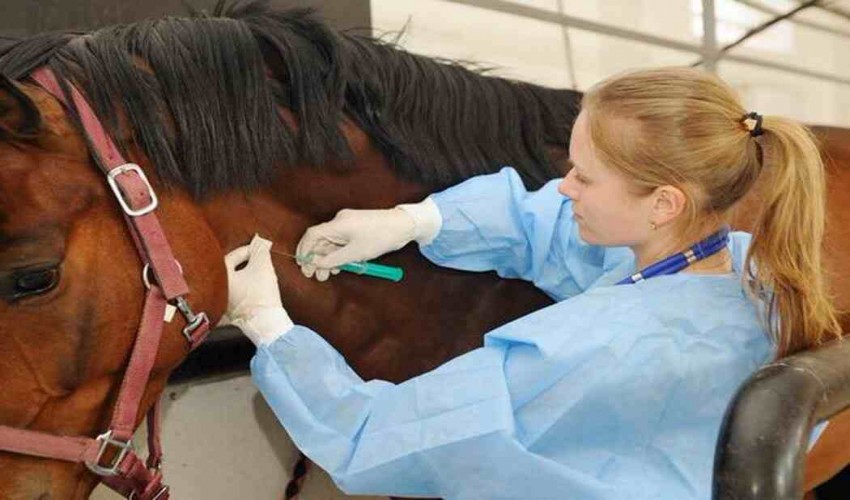
Topics in Veterinary Science & Technology
IT
ISRDO Team
13 Jul, 2022 -
in Veterinary Sciences
959
- veterinary
- supplementation
- foal
- animal
- bone
Cooperative animal medicine; zoonotic disease transmission, epidemiological studies of public health, and the human-animal relationship are some of the topics covered in this area of study. In the realm of veterinary research, diversity is both a benefit and a hindrance. Next 10 years will be critical for veterinary research to boost its scientific impact on its core goal, which is to improve the health of animals, while also greatly increasing the societal and global relevance of its results. Zoonotic pathogens and infectious disorders, water and food-borne pathogens and pharmaceutical residues, and evidence-based companion animal treatment and its translational implications to human health are some of the research topics that are especially essential to address In order to overcome these challenges, we will need to participate in global collaborations that span disciplinary borders, invest heavily in national research, and build innovative online publishing platforms that facilitate networking and open scientific exchange.
Topics in Veterinary Science & Technology
- Serum indicators of bone metabolism in healthy foals from weaning to the age of one year
- Performance, meat quality, leukocyte count, and histological alterations in the spleen and liver of broiler chickens were all affected by supplementation with humic acid and organic acids.
- Preliminary investigation of newborn foal serum amyloid A and plasma administration
- A comparison of two kinetic measuring methods, treadmill vs. overground trotting.
- Canine and human mast cell neoplasms' serum tryptase as a diagnostic oncological marker
- Intranasal delivery of African swine fever virus antigens with two distinct viral vectors was compared to see how the mucosal immune responses differed.
- Tissue culture of canine corneal epithelial and stromal cells in the presence of diluted povidone iodine.
- Goats have been infected with an unusual type of bluetongue virus.
- Increased expression of Lipin 1 and reduced expression of FATP 1 in skeletal muscle are linked to obesity-related prepartal insulin resistance in dairy cows.